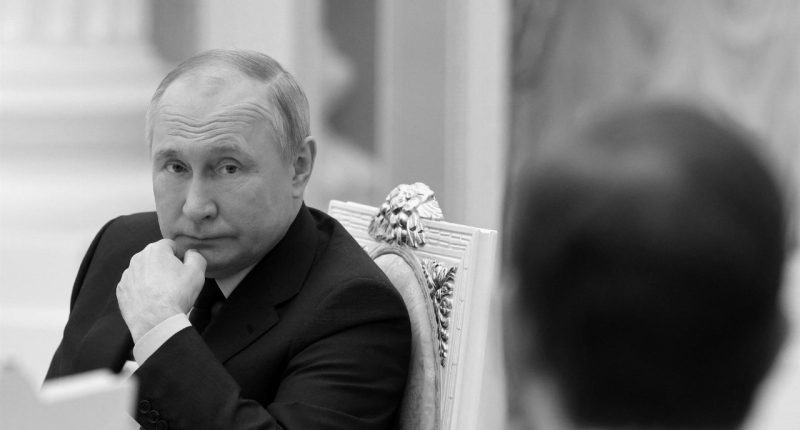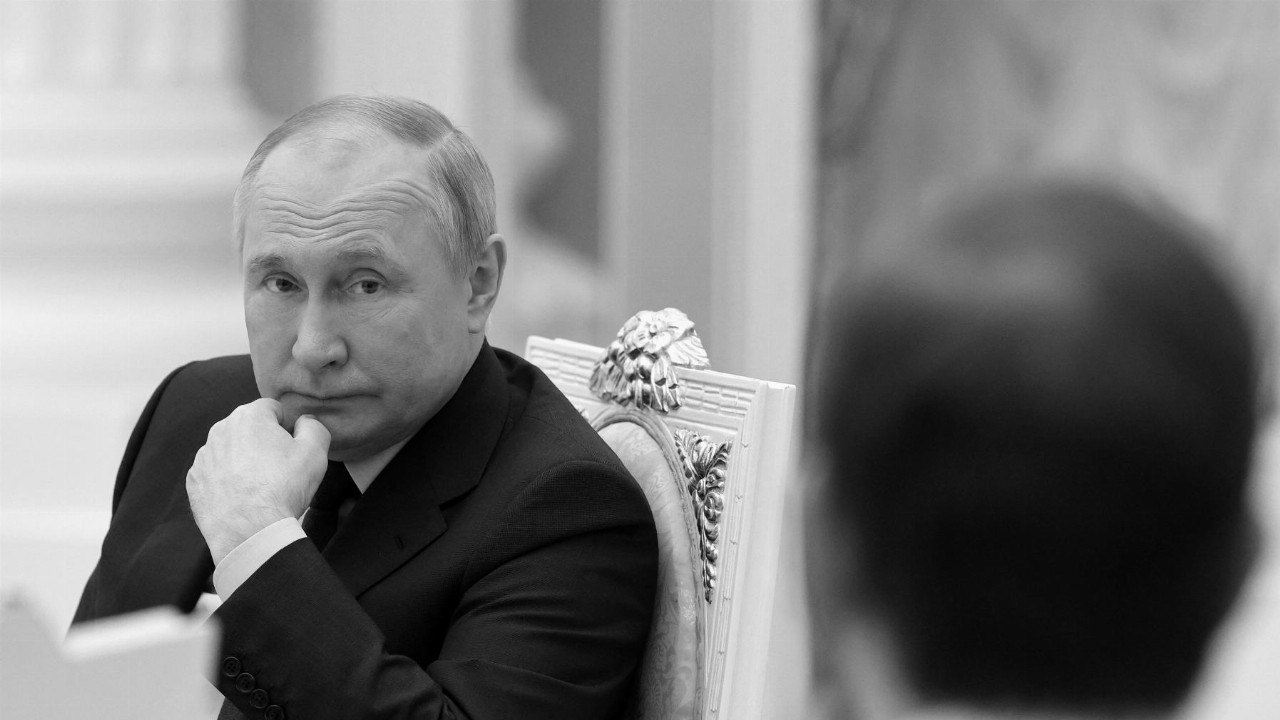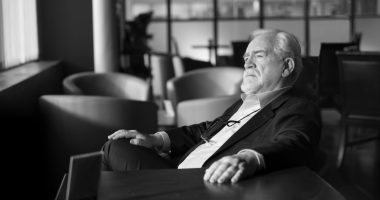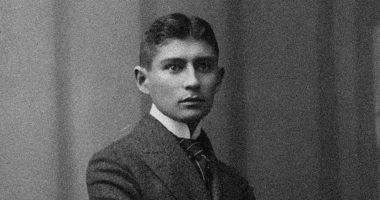On a visit to New York in 2003, Vladimir Putin pitched himself to investors as an economic reformer willing to engage western capitalists, telling us that Russia was more than just another petrostate and shared the values of a “normal European nation”.
Those words ring hollow now that Putin is invading Ukraine, but he seemed sincere at the time. Having taken over a nation battered in the late 1990s by financial crisis and default, he was pushing privatisation and deregulation. He instituted a flat 13 per cent income tax, winning over US conservatives. With a boost from oil prices, reforms helped to increase Russian per capita income from $2000 at the start of his tenure in 2000 to a peak of $16,000 by the early 2010s.
But power and success changed Putin. Unlike his peers in other emerging markets, he soon stopped meeting foreign fund managers. One of his aides told me such meetings were for “middling and small powers”, not great ones like the US and Russia.
In 2010, I was invited to deliver a “candid” assessment of the Russian economy in Moscow, with Putin in attendance. Not realising the session was televised, I took the invite literally and stated that Russia’s success would be hard to sustain. To advance as a middle-income country, Russia would have to move beyond oil, reduce dependence on big state companies and tackle widespread corruption. Next morning, I found my name featured in pro-Putin state media, attacking me as a rude guest whose foreign commentary and capital Russia could do without.
A few months later, I interviewed former US president George W Bush, who described a similar change in Putin, from pragmatic early on to boastful by the late 2000s. At their last meeting in Moscow, Putin had introduced his retriever to Bush as “bigger, stronger, faster” than Barney, Bush’s terrier.
Putin is now often described as a uniquely Russian leader, eager to reclaim its imperial sphere of influence. Looked at from an economic standpoint, however, he is a universal type.
My research shows that economic performance tends to be far more erratic under autocratic than democratic leaders, that it deteriorates the longer a leader hangs on and that it is particularly unreliable in oil states. Putin is all three: a long-serving autocrat in an oil-producing country.
By the late 2000s, Putin had become complacent and stopped pushing reform. After his 2014 invasion of Crimea drew western sanctions, he launched a new change, not to spur growth but to create Fortress Russia, impervious to foreign capital flows.
Those defences appeared to work for a while, but are now cracking under intense new sanctions. From its peak of $16,000, Russia’s per capita income had fallen to $12,000 before the Ukraine invasion. Despite rising oil prices, it is now on track to drop under $10,000 by the end of 2022.
Wall Street often embraces autocrats because they have at times produced economic booms, but for every success there are three or four who generate stagnations, even permanent crisis conditions. These range from Castro in Cuba to the Kims in North Korea and many giants of Africa, including Robert Mugabe in Zimbabwe, Haile Selassie in Ethiopia and Yoweri Museveni in Uganda.
Looking back in 150 countries to 1950, autocracies account for 35 of the 43 cases in which a nation sustained gross domestic product growth of more than seven per cent for a decade. However, autocracies also account for 100 of the 138 cases in which a country grew a full decade at slower than three per cent — a rate that feels like a recession in a developing country.
In extreme cases, 36 countries have been whipsawed for decades by swings between years of rapid growth and years of negative growth: 75 per cent of those were autocracies, many in petro states such as Nigeria, Iran, Syria and Iraq.
Putin is at risk of putting Russia in this extreme class. Markets now signal a 99 per cent chance the country will default on its debt, exactly the fate the early Putin worked so hard to prevent.
Once a reformer, he now looks every bit the archetypal ageing autocrat. Similar economic crises are unfolding under longstanding strongmen from Alexander Lukashenko in Belarus to Recep Tayyip Erdogan in Turkey to Mahinda Rajapaksa in Sri Lanka.
These cases are a reminder that, successful or not, autocracy is sticky. Western leaders now hoping for Putin to fall under the weight of a tanking economy should be aware of this history. Autocrats can sever the link between politics and economics and hang on to power indefinitely.
A writer and investor, Ruchir Sharma is the author of four books, including most recently “The 10 Rules of Successful Nations”. He is chair of Rockefeller International.





